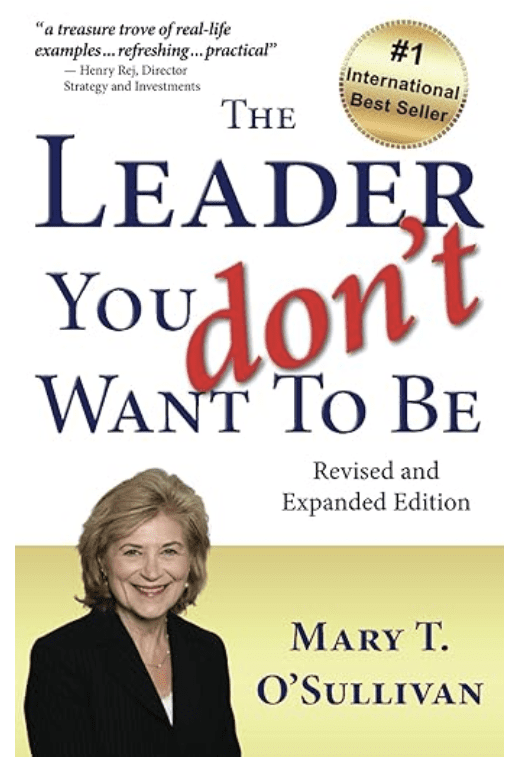Search Posts
Recent Posts
- Real Estate in RI: Seaside waterfront communities are all the rage. Who’s buying – Emilio DiSpirito June 6, 2025
- Outdoors in RI: 2A votes, Charter Yachts, active summer programs, garden tours, aquatic weeds… June 6, 2025
- All About Home Care, with two Rhode Island locations, closing after 22 years in business June 6, 2025
- GriefSPEAK: Angel wings with footprints – Mari Nardolillo Dias June 6, 2025
- Rhode Island Weather for June 6, 2025 – Jack Donnelly June 6, 2025
Categories
Subscribe!
Thanks for subscribing! Please check your email for further instructions.

Managing Election stress in the office – Mary T. O’Sullivan
by Mary T. O’Sullivan, MSOL, contributing writer, business and leadership
“In an election year that’s shaping up to be as divisive as ever, how can people navigate their anxieties around the upcoming elections at work?” – Lyra Health
The rancor and controversy that have spoiled many gatherings of family and friends over the last several years has become the latest workplace problem. It’s manifested itself in different ways, some behaviors push the boundaries of civility and others clearly violate company policy. A survey conducted by Qualtrics found that “toxic workplace… manifests in a number of impairments like high turnover, increased irritability and burnout, and a general feeling of dread about going to work; and is estimated to cost nearly $250 Billion over the last 5 years,” coinciding with a period of disruption in U.S. society due to fervent political disagreements, spilling into the workplace.
While privately owned companies can legally issue directives, not so for government organizations. Private companies expect their leaders to mandate following established policies for acceptable, professional behavior, and to insist on enforcing rules regarding attire, posters, signs or political discussions in the workplace.
Employees may feel overwhelmed by election news they absorb in a 24/7 news cycle, and for some, it can be upsetting. That anxiety shadows people into work and can cause distraction, worry, and fear. Employees may be sleep deprived, unable to focus, and feel out of control. The addition of heated political debates at work intensifies the tension. Leaders cannot step back and fret while productivity slows. The culture may change overnight from nurturing to toxic, and it’s the job of the leader to communicate that company rules apply, regardless of political persuasion.
Attire can also be disturbing to employees. During the pandemic, when wearing masks was mandatory, political masks became a point of contention. Some offensive masks absolutely flabbergasted HR. Forums were rife with questions about how to rid the office of clearly offensive political masks, and not violate the First Amendment. The suggestions ranged from “just ignore it” to “what’s in the company handbook?”
If there is no written clothing or attire rule, it’s up to the leader to address it: a mask is something that is worn on the body and is therefore considered attire. In one particular case, the company had its own stock of paper masks, and people wearing offensive masks were told to don those instead. A 20-year employee balked at mandatory masking. When his employer provided him with a paper mask, he wrote an offensive phrase across the front it and refused to remove it. He was suspended and eventually terminated. Were his political beliefs worth ruining a 20-year career?
In another interesting case, a remote worker wore an offensive political tee shirt to a virtual meeting. His manager told him to change the shirt while he was on camera. Yet another incident involved an offensive tee shirt. When HR became aware, they handed the employee a company tee shirt and told him to change. Proper disciplinary actions are often necessary to preserve the company brand and reputation in the marketplace, which are compromised when employees publicly bedeck themselves in disrespectful or provocative wearables.
Bumper stickers in the company parking lot also arose as a controversy. An employee regularly tore off a clearly offensive bumper sticker from another employee’s vehicle. Since the vehicle was parked in the company parking lot, displaying the offensive bumper sticker was against company policy, and therefore, a fireable offense. According to The Workplace Stack Exchange, “You absolutely have the right to have that bumper sticker on your car. Your employer also has the right to fire you for keeping it there.” Under federal law, the offensive nature of the bumper sticker was considered harassment.
What about your lunchtime walking buddy who is an ardent fan of a candidate you don’t like? When an uncomfortable political discussion arises, employees should always steer the topic back to the work. According to Lyra Health, leaders need to emphasize “that the company doesn’t want to stifle healthy dialogue about social issues but does expect limited disruptions and a culture of respect.” Jan Bruce, in Forbes says, “As leaders, we need to model, expect, and even demand civility.” By paying attention to employee’s election stress and keeping a consistent, steady, environment in the workplace, leaders demonstrate steadfast support for their employees and keep the business growing.
“The highly consequential U.S. election spotlighted wrenchingly divisive social and cultural issues that charge emotions, and it’s spilling into the workplace as a dangerous form of workplace toxicity. As leaders, we need to model, expect, and even demand civility.” – Jan Bruce in Forbes
___


Mary T. O’Sullivan, Master of Science, Organizational Leadership, International Coaching Federation Professional Certified Coach, Society of Human Resource Management, “Senior Certified Professional. Graduate Certificate in Executive and Professional Career Coaching, University of Texas at Dallas.
Member, Beta Gamma Sigma, the International Honor Society.
Advanced Studies in Education from Montclair University, SUNY Oswego and Syracuse University.
Mary is also a certified Six Sigma Specialist, Contract Specialist, IPT Leader and holds a Certificate in Essentials of Human Resource Management from SHRM.contributing writer, business leadership.
